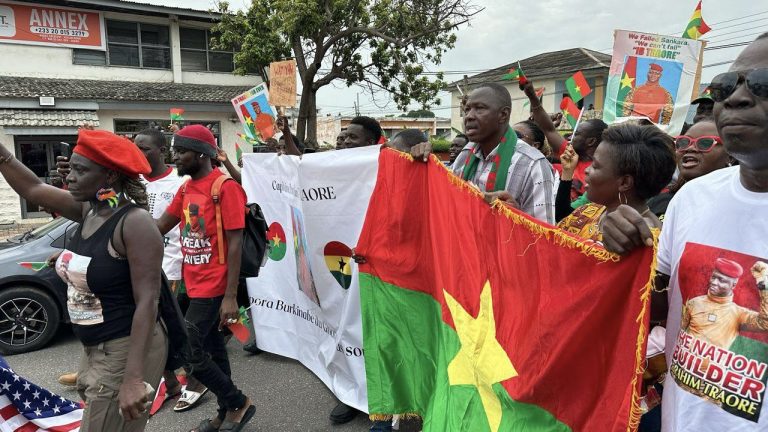Washington Is Worried About Burkina Faso’s Young Revolutionary Leader
Burkina Faso’s Ibrahim Traoré is remaking his nation, and in the process, making enemies in the West. Since taking power in 2022, the young military leader has expelled French troops, ejected Western corporations, and aligned his country with Russia, Cuba, and Venezuela.
Promoting pan-African unity and national self-reliance while surviving coup attempts, Traoré is positioning himself as a radical anti-imperialist and has drawn fire from Washington and Paris. MintPress News explores the project underway in Ouagadougou and the global forces trying to stop it.















